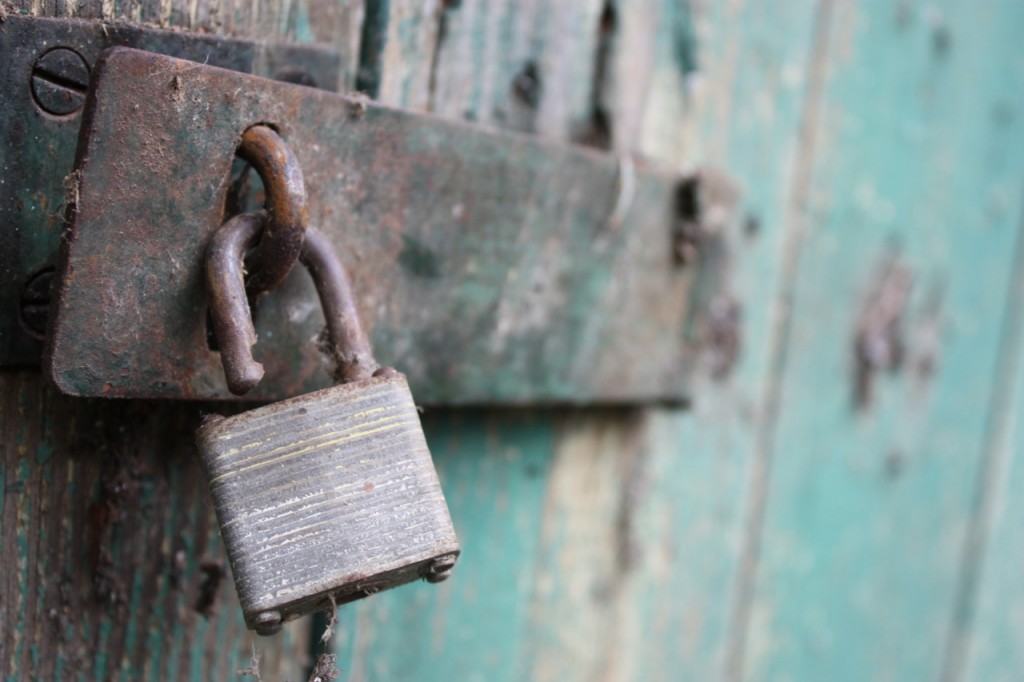“Unlocked” by samstockton is licensed under CC BY-NC 2.0.
Knowledge Unlatched is a not-for-profit organization that makes scholarly books in the social sciences and the humanities free for anyone to read. By doing so, it helps excellent peer-reviewed scholarship reach new audiences. It works like this: publishers submit several titles to Knowledge Unlatched. Then, the organization’s Library Selection Task Force chooses the best books submitted. Once the titles are chosen, Knowledge Unlatched coordinates with publishers to come up with the basic cost of publishing the book. Libraries around the world pledge a certain amount of money to help reach that amount. The more libraries that contribute, the lower the cost for each library. When the total amount is reached, a Creative Commons licensed PDF of the book is made available open access through OAPEN and HathiTrust. This version does not carry any DRM restrictions, like many ebooks. Although the digital version is free, a print version can still be sold by the publisher.
Knowledge Unlatched launched in 2014 with twenty-eight books. Temple University Press was one of thirteen publishers who participated in the first round of the project, with the book, Constructing Muslims in France by Jennifer Fredett (2014). You can read the book here. This week, Knowledge Unlatched announced that they had received enough pledges from libraries to make seventy-eight new scholarly monographs open access. The list includes three titles from Temple University Press:
Peter O’Brian, The Muslim Question in Europe (2016)
Jennifer Riggan, The Struggling State: Nationalism, Militarism, and the Education of Eritrea (2016)
David Spener, We Shall Not Be Moved/No nos moverán (2016)
Although the benefits of Knowledge Unlatched to readers are clear, you may wonder why publishers are willing to participate in such a project. According to the Director of Temple University Press, Mary Rose Muccie, “The program is a win for us and for our authors.” She continues, “The Knowledge Unlatched model takes into account the current realities of our business and allows us to recoup many costs as well as to continue to sell print and electronic editions. Being chosen for inclusion in the program reflects the quality of the title, and because of broad access and use, we have the opportunity to get our name in front of a large group of people interested in what we publish. It’s been a great experience for the Press and we’re looking forward to continuing to partner with Knowledge Unlatched and to expanding our participation as the program grows.”
